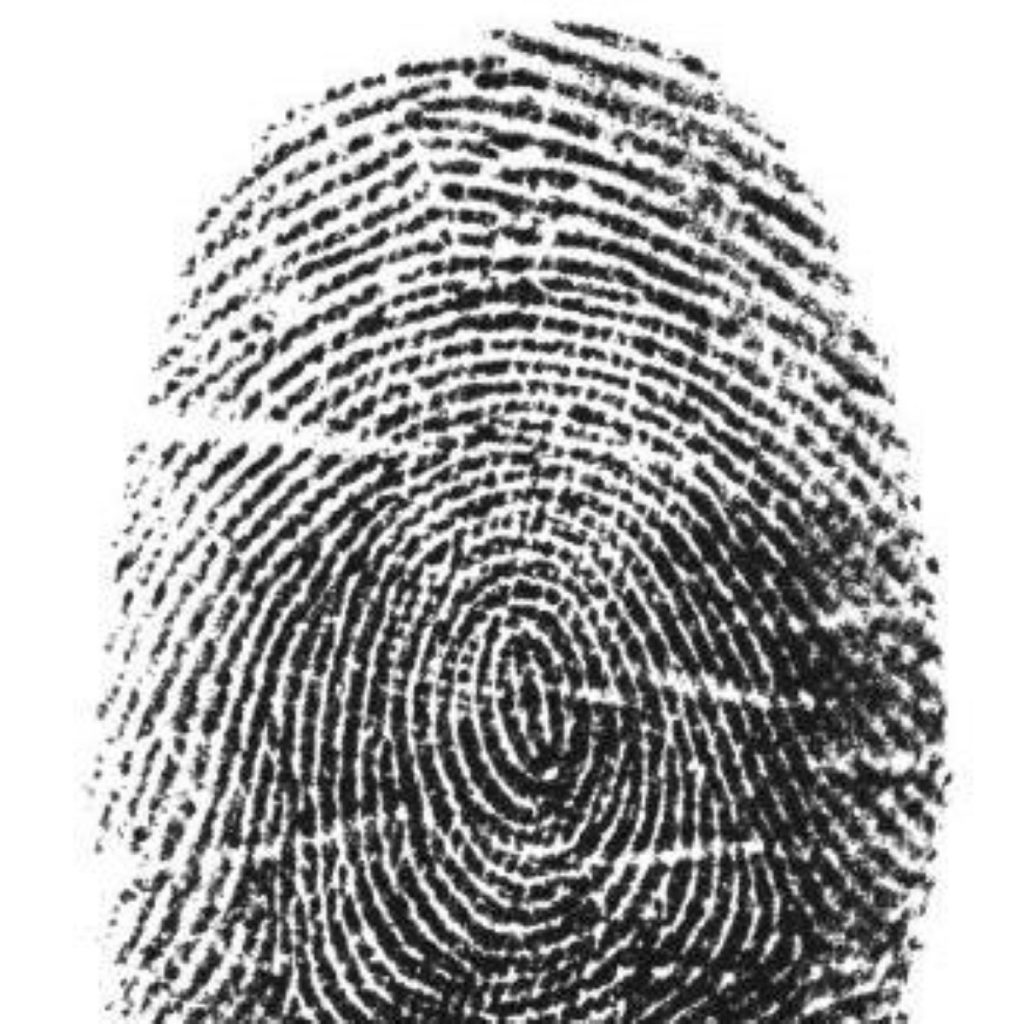End of ‘double jeopardy’
Individuals could now be tried twice for the same crime following the historic ending of the ‘double jeopardy rule’.
The end of the 800-year-old rule means the court of appeal can now order a retrial when “new and compelling” evidence, such as DNA, confessions or new witnesses, are found.
A Home Office spokesman said: “It is important the public should have full confidence in the ability of the criminal justice system to deliver justice.
“This can be undermined if it is not possible to convict offenders for very serious crimes where there is strong and viable evidence of their guilt.”


The National Crime Faculty believes there are 35 murder cases in which acquitted defendants could be re-investigated.
The reform of the double jeopardy ruling, which allows an acquitted person to be retried only once, applies only to the 30 most serious crimes including murder, rape, and Class A drug offences. It does not stretch as far as lesser offences.
The police are now expected to reopen cases such as the murder of Julie Hogg in 1989 and the racially motivated murder of Stephen Lawrence.












